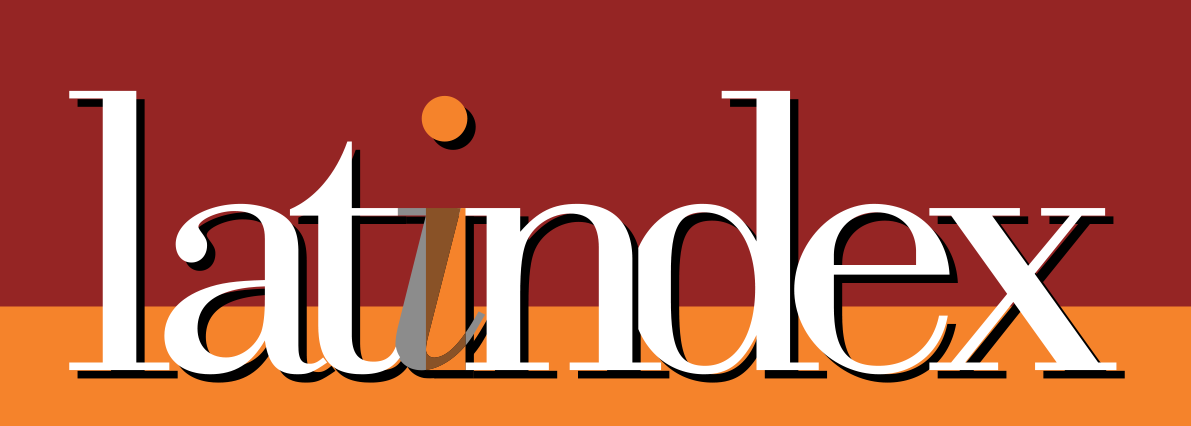Code of Conduct
Our policies are based on the recommendations of Elsevier and COPE Best Practice Guidelines for Journal Publishers
Duties of Editors
Publication decision: The journal editor is responsible for deciding which of the articles submitted to the journal should be published. The editor is guided by the policies of the journal's editorial board and in strict observance of legal requirements regarding defamation, copyright infringement and plagiarism. The editor may consult the editorial board or contributors in making decisions.
Fairness Rules: The editor must evaluate manuscripts for their intellectual content, without regard to the race, gender, sexual orientation, religious belief, ethnic origin, nationality, or political philosophy of the authors.
Confidentiality: The editor and any editorial staff must not disclose any information about a submitted manuscript to any other person, with the exception of the author himself, reviewers, potential contributors, other editorial advisors and the publisher, as appropriate.
Disclosure and Conflicts of Interest: The editor shall not use unpublished information in his or her own research without the express written consent of the author. The editor should refrain from evaluating manuscripts in which he or she has any conflict of interest resulting from competitive or collaborative relationships or any other type of relationship or connections with any of the authors, companies or (possibly) institutions that are linked/connected to the articles.
Participation and cooperation in investigations: The editor must take reasonable responsive steps when ethical complaints are made regarding a submitted manuscript or published article. In the event that a complaint is upheld, it will be necessary to make a correction, retraction, expression of concern or other note that may be relevant. Every act of ethical misconduct, even if detected years after publication, must be investigated.
Duties of Reviewers
Contribution to Editorial Decisions: Peer review assists the editor in making editorial decisions and, through editorial communications with the author, can also assist the author in improving the article.
Timeliness: Any invited reviewer who does not feel qualified to review the research reported in a manuscript or knows that prompt review will be impossible should notify the editor and withdraw from the review process.
Confidentiality: Manuscripts received for review must be treated as confidential documents. They should not be shown or discussed with others except as authorized by the publisher.
Objectivity Standards: Reviews must be conducted objectively. Personal criticism of the author is inappropriate. Reviewers should express their opinions clearly and with supporting arguments.
Acknowledgement of Sources: Reviewers should identify relevant published work that has not been cited by the authors. Any statement of observation, derivation or argument that has been reported previously must be accompanied by the corresponding citation. The reviewer should also draw the editor's attention to any substantial similarity or overlap between the manuscript in question and any other published article of which he or she has personal knowledge.
Disclosure and Conflicts of Interest: Privileged information or ideas obtained through peer review must be kept confidential and not used for personal advantage. Reviewers should not consider manuscripts in which they have conflicts of interest resulting from competitive, collaborative, or other relationships or connections with any of the authors, companies, or institutions linked to the articles.
Authors' Duties
Reporting Standards: Authors of original research reports should present an accurate description of the work performed as well as an objective discussion of its significance. The underlying data must be accurately represented in the manuscript. An article should contain sufficient detail and references to allow others to replicate the work. Fraudulent or intentionally inaccurate statements constitute unethical behavior and are unacceptable.
Originality and Plagiarism: Authors must ensure that they have written completely original work and, if the authors have used the work and/or words of others, that this has been properly cited. Publishing fraud and plagiarism are considered unethical behavior and are unacceptable.
Multiple, Redundant, or Concurrent Publication: An author should not, in general, publish manuscripts describing essentially the same research in more than one journal or primary publication. Submitting the same manuscript to more than one journal simultaneously constitutes unethical behavior and is unacceptable.
Acknowledgement of Sources: Appropriate acknowledgement of the work of others should always be made. Authors must cite any publications they have had

